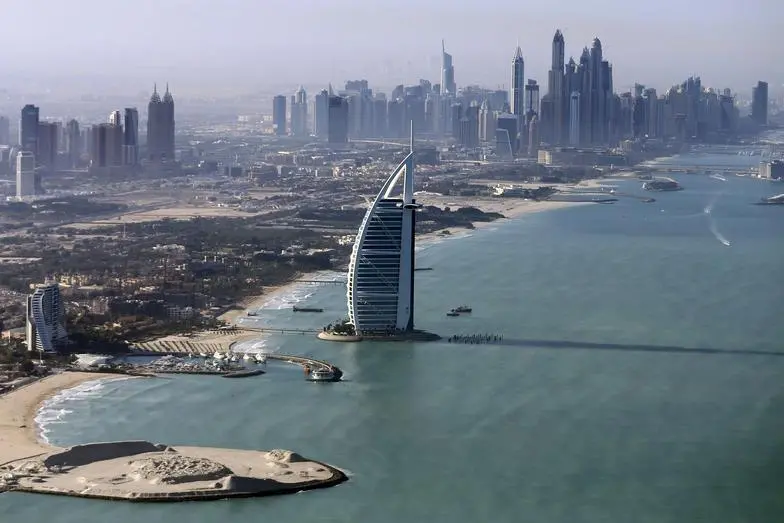PHOTO
Study analysed energy, water consumption in 46 hotels over a three year period.
By Yasmine Saleh
Hotels in the United Arab Emirates (UAE) could cut their costs by up to 20 percent by reducing their energy and water consumption, according to the findings of an expert report released on Tuesday.
Hotels with poor environmental policies consume three times more energy and 7.4 times more water than properties with better ‘green’ credentials, according to a report released in association with the Emirates Green Building Council.
The research, which is the first of its kind in the region, was compiled by EmiratesGBC, a Dubai-based independent organisation which aims to encourage businesses to be more environmentally aware. The findings were based on analysis of 46 hotels across the UAE over three years, from 2013 to 2015.
The study found that the age of the hotel was important, as recently built hotels were found to benefit more from newer technologies to reduce their carbon footprint, but how many stars the venue was awarded had little impact.
“It wasn’t the number of the stars… it was really down to the efficiency of the performance of the management of the hotels, which leaves us to the conclusion that there is tremendous opportunities for savings,” EmiratesGBC’s Chairman, Saeed Al Abbar, told reporters at a press conference in Dubai.
While energy consumption peaked in summer and laundry services have a significant impact on consumption levels, the study also found that thelevel of consumption was also not related to the hotels’ occupancy rate, or how many guests were staying in the hotel.
“Probably from tomorrow, most of these hotels will be mad and say we are spending 20 percent more than we should. And at this current market and situation, they will see this as an opportunity that they can make a saving from. So, we don’t necessarily have to impose something. They will act on it themselves because there is an economic and a social reason for them to do some extra work,” Al Abbar added.
The potential for hotel operators to save money comes at a time when the industry is being faced with declining revenues in Dubai. Dubai hotel revenues per available room (RevPAR—an industry measure of occupancy and rates) declined 7 percent in May, while Abu Dhabi dropped 8.9 percent, compared to the same period in 2015, according to a report from global consultancy EY.
© Zawya 2016





















